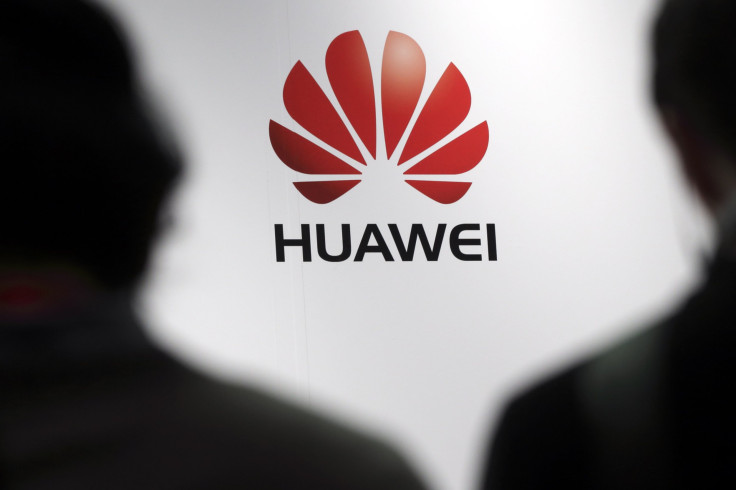Huawei partners with Leica to reinvent smartphone photography

Chinese tech giant Huawei has partnered with legendary German camera manufacturer Leica Camera, known for its premium cameras and lenses, to enhance its smartphone camera quality.
As mentioned in a press release, the deal will be “a co-operation with shared premium ambitions and spirit, which will see both technology and photography brands combining their shared ethos in a long-term commitment” that will help Huawei reinvent smartphone photography.
“The strategic alliance between Huawei and Leica Camera demonstrates the desire of two rapidly growing and globally active brands to continuously push the envelope of the technologically possible,” said Oliver Kaltner, chief operating officer at Leica Camera AG.
Related: Huawei launches MateBook to take on iPad Pro and Surface Book
For over 100 years, Leica Camera has been creating world-class optical lenses, and the collaboration will see two brands work in harmony to deliver better camera modules for smartphones.
This association will help Huawei achieve the best in the domain of smartphone photography and “take it to the next level.” However, only time will tell if Leica will make lenses for Huawei or just help the company with its technical expertise to create new smartphone cameras.
The partnership will span “research and development, design, co-engineering, user experience, marketing and retail distribution,” says the company.
Huawei is the third largest smartphone seller in the world after Samsung and Apple. In an interview with CNBC, Richard Yu, chief executive at Huawei Consumer Business Group, said that the company aims to be at the top in five years as far as smartphone shipments are concerned.
Huawei shipped 108 million smartphones in 2015, thanks to a steady increase in domestic sales as well as demand from Western European markets -- a 44 percent rise as compared to 2014.
Related: Huawei aims to surpass Samsung and Apple in 5 years





















